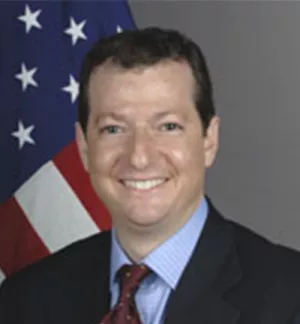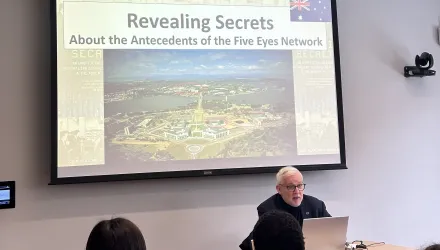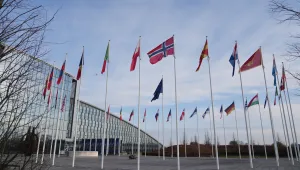Analyses of Asian security that focus on contingencies for interstate war have only half the story right and, for that matter, have the story of an unstable Asia right mostly for the wrong reasons. Asia's future is likely to be tremendously violent, but large-scale interstate conflict is not the source of the most destabilizing violence and is not likely to be so in future. Rather, the more likely contingencies mirror some of the conditions that led to violent conflagration in East Timor. Collapsing polities and failed states may account for a large amount of the violence in Asia's future. Yet there is little that China, Japan, and the U.S. have done to make Asia less violent, and none has prepared individually or jointly for large-scale political and strategic instability in Asia that they themselves and other big powers do not generate. This shows the limits and boundaries of trilateral cooperation, but should be a major focus of those who seek avenues for joint action. The chapter offers initial prescriptive recommendations for bilateral and/or trilateral cooperation in humanitarian intervention, counterterrorism, and law enforcement.
Feigenbaum, Evan. “Violence and Great Power Coordination in Asia.”





